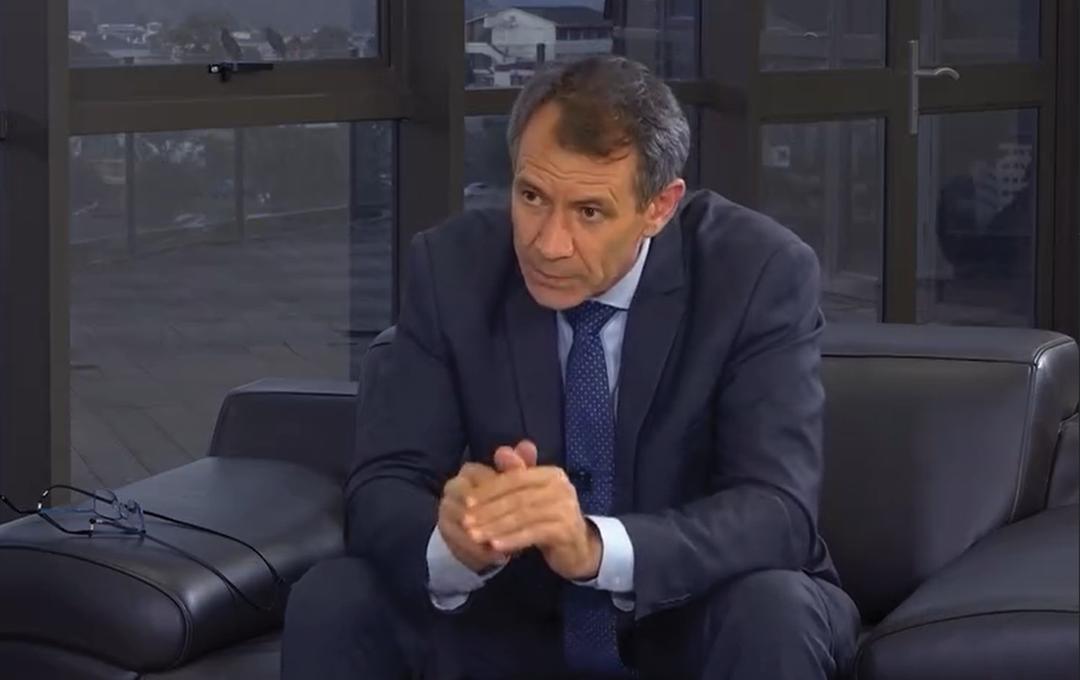Africa-Press – Eswatini. The Minister of Finance, Neal Rijkenberg, has tabled a loan bill worth E2.084 billion for Phase IB of the Mkhondvo-Ngwavuma Water Augmentation Project (MNWAP1B).
According to the loan bill, its object is to authorise the minister to raise a loan not exceeding E2.084 billion from the African Development Bank (AfDB) to assist in the financing of the project.
The Mkhondvo-Ngwavuma Water Augmentation Project is an infrastructure and irrigation project aimed at poverty alleviation in the Shiselweni region. The project will be implemented in two phases.
Phase 1 comprises the construction of the Mpakeni Dam on the Ngwavuma River (Phase 1A), and associated downstream conveyance to irrigate approximately 5 000 hectares (ha) at Sigwe, Maloma, Mconcwane/Mcathuvane and St Philips (Phase 1B).
Phase 2 comprises the construction of the most feasible option for the transfer of water from the Mkhondvo River to augment the limited water in the Ngwavuma River at the Mpakeni Dam. The combined irrigated areas for all the project components will add up to about 30 000 ha, benefiting approximately 100 000 people.
Phase 1A is already being implemented by the Sakhalive Joint Venture and according to the budget estimates; it will cost E2.7 billion. It is also financed by the AfDB.
The administrative regions of the country that are affected by the project are Shiselweni and Lubombo.
The project covers four tinkhundla, namely Hosea, Sigwe, Lubulini and Sithobela.
The conveyance system will be approximately 38km long, covering an area of about 30.4ha. The total area covered by the irrigation blocks is approximately 4 588.8 ha, according to the Environmental And Social Impact Assessment.
The proceeds of the loan, according to the bill 3 of 2024, shall be paid to and form part of the consolidated fund or any such other public fund whether existing or specifically established for the purpose of the loan as the minister may determine.
The government shall repay the loan in 40 equal and consecutive semi-annual instalments after a grace period of five years. The bill is yet to be debated and passed in the House of Assembly.
For More News And Analysis About Eswatini Follow Africa-Press







